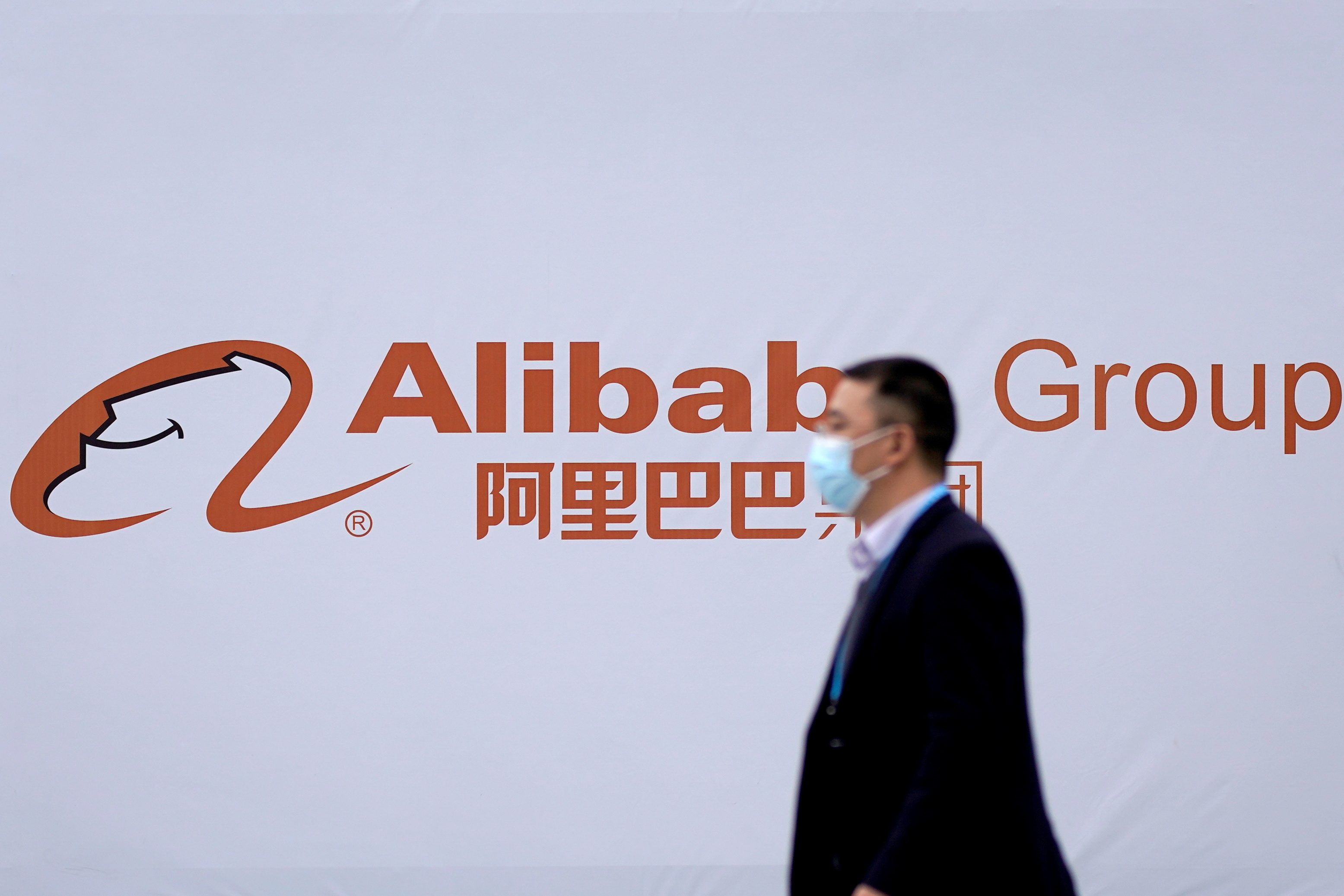(ATF) China’s market regulators released new anti-monopoly guidelines on Sunday February 7 that target internet platforms, tightening restrictions faced by the country’s tech giants such as Alibaba and Tencent.
They also hit online discount retailer Vipshop Holdings Ltd with a 3-million-yuan ($464,000) fine – the biggest to date in a recent clampdown on anti-competitive behaviour among internet firms.
The move shows regulators are willing to use more tools in their newfound zeal to rein in monopolistic behaviour in the tech sector.
Vipshop was punished for violations of a law prohibiting unfair competition, which allows for fines of up to 5 million yuan. By comparison, other firms that have been hit with penalties since late last year were fined under China’s 2008 anti-monopoly law, which allows for a much lower maximum fine of 500,000 yuan.
The Vipshop fine comes as the State Administration for Market Regulation (SAMR) published updated guidelines on how the anti-monopoly law affects internet firms, which said regulators were keen to prevent price fixing, as well as the use of data and algorithms to manipulate the market.
SAMR said on Monday that from August through December last year, Vipshop had developed a system to obtain information on brands that gave Vipshop a competitive advantage. It added that Vipshop used its system to influence user choices, transaction opportunities and to block sales of particular brands.
New York-listed Vipshop, which has a market value of about $22 billion, said on Monday it accepted SAMR’s findings and would strengthen compliance.
The heightened scrutiny by Chinese regulators since December has included the announcement of a probe into e-commerce giant Alibaba, penalising Alibaba-backed and Tencent-backed firms for not seeking anti-trust reviews for deals, while other firms have also been fined for irregular pricing.
Impact on IPOs, fundraising
Tougher rules will complicate international fundraising for Chinese tech giants and could delay an eventual revival of the Ant IPO that was pulled in late 2020.
The new rules formalise an earlier anti-monopoly draft law released in November and clarify a series of monopolistic practices that regulators plan to crack down on.
The guidelines put new pressure on the country’s leading e-commerce sites such as Alibaba’s Taobao and Tmall market places, and JD.com. They will also cover payment services like Ant Group’s Alipay and Tencent’s WeChat Pay.
The rules, issued by SAMR on its website, bar companies from a range of behaviour, including forcing merchants to choose between the country’s top internet players, a long-time practice in China.
MARKET MANIPULATION
SAMR said the latest guidelines will “stop monopolistic behaviours in the platform economy and protect fair competition in the market,” Reuters reported.
The notice also said it will stop companies from price fixing, restricting technologies and using data and algorithms to manipulate the market.
In a Q&A accompanying the notice, SAMR said reports of internet-related anti-monopoly behaviour had been increasing, and that it was facing challenges regulating the industry.
“The behaviour is more concealed, the use of data, algorithms, platform rules and so on make it more difficult to discover and determine what monopoly agreements are,” it said.
China has in recent months started to tighten scrutiny of its tech giants, reversing a once laissez-faire approach.
In December, regulators launched an antitrust investigation into Alibaba following the dramatic suspension in November of the $37-billion initial public offering of its payments affiliate, Ant Group.
EXCLUSIVE DEALS ENDED
Regulators warned the company over practices including forcing merchants to sign exclusive cooperation pacts at the expense of other internet platforms.
Lawsuits on competition issues have been filed by Chinese companies as regulators move to step up scrutiny. ByteDance filed a lawsuit last week against Tencent over alleged monopolies in its WeChat and QQ platforms, for example.
ByteDance’s Chinese short-video app Douyin filed a complaint with a court in Beijing suing Tencent and asking for 90 million yuan ($13.94 million) in compensation.
Tencent restricts users from sharing Douyin content on its instant messaging apps WeChat and QQ, which should be prohibited by anti-monopoly law, ByteDance said, adding that it has asked the court to order Tencent to stop such behaviour.
“We believe that competition is better for consumers and promote innovation,” Douyin said in a statement. “We have filed a lawsuit to protect our rights and those of our users.”
The formal adoption of new anti-monopoly rules by SAMR confirms the direction toward higher regulation for China’s major technology firms and could encourage other legal assaults on the dominant firms.
With reporting by Reuters
























